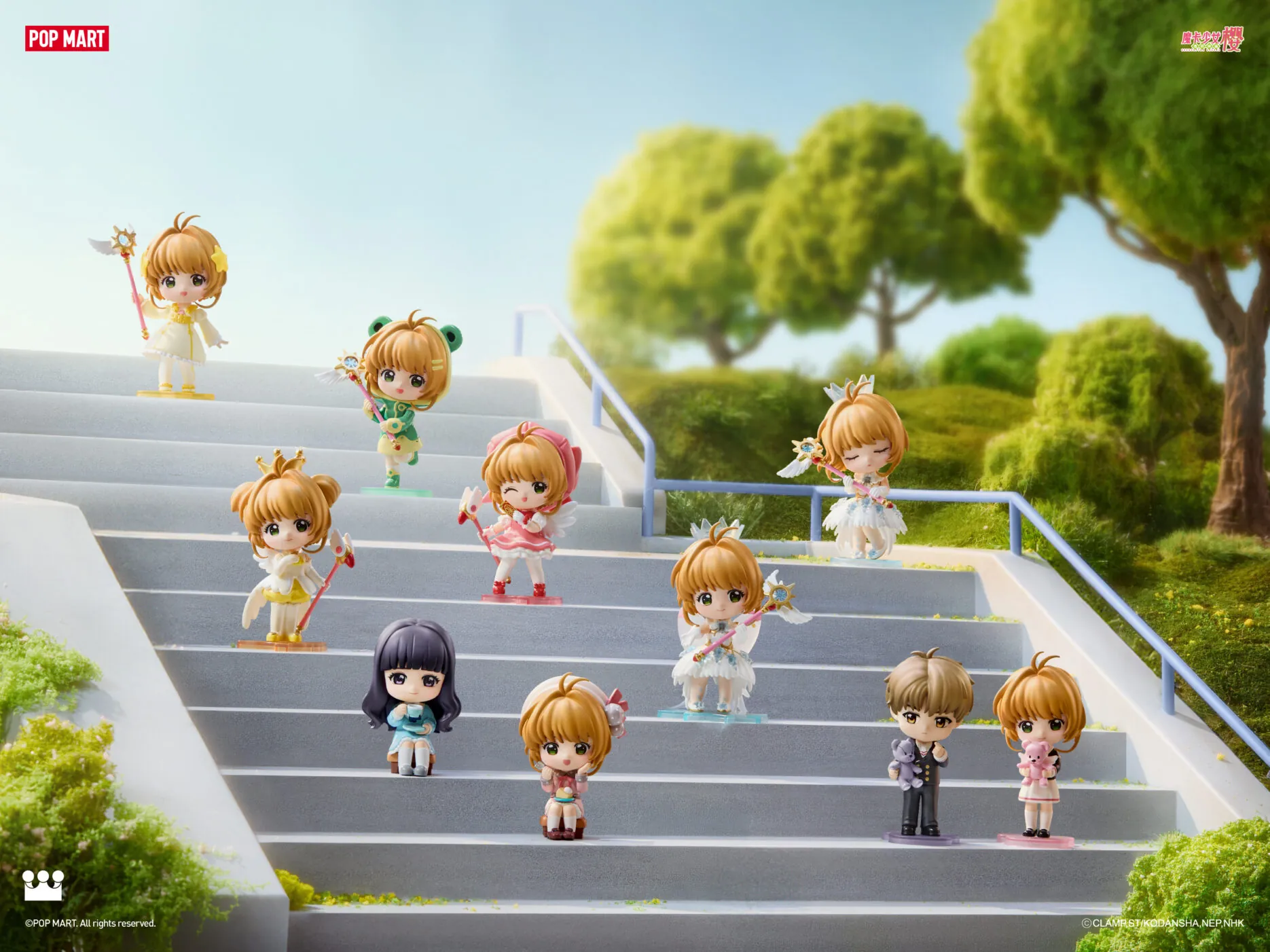POP MART, the toymaker behind the global phenomenon LABUBU, saw its share prices tumble in June. Some blame it on a restock, which caused the resale market to collapse, while others found a different connection. On 20 June, the state media outlet in China, People’s Daily, published an op-ed with a warning on collectibles such as blind boxes and trading cards. The link was made because another toymaker, Bloks Group (布鲁可), also saw its share prices tank in Hong Kong on 20 June.
However, the article was mainly focused on two themes: “mystery” packets of trading cards which have been immensely popular among children, and the “blind box fever” that swept across a range of sectors, from food and beverage to beauty, stationery, books and other merchandise. It highlights the opaque nature of “blind boxes” and their “over-marketing”. The op-ed also calls for transparency, such as the probability of getting each model, especially the rare ones.
However, many of us still remember how People’s Daily panned POP MART for its blind box food collaboration, which resulted in “irrational consumption” and food waste in 2022. The regulation introduced the following year caused the near collapse of the blind box market. POP MART has since tried to diversify its business and is moving towards becoming an “IP” company rather than a blind box maker.
It seems the warning in the op-ed is attempting to cool down the trend of brands in China riding the wave of LABUBU by marketing their products through blind boxes, while calling for the regulation of the market. Although it does not take aim at high-profile toymakers such as POP MART, it might still have an effect by association, similar to how video games experienced a “winter” a few years ago. Many might even choose to halt and monitor the market before investing in POP MART or similar brands as a result.




